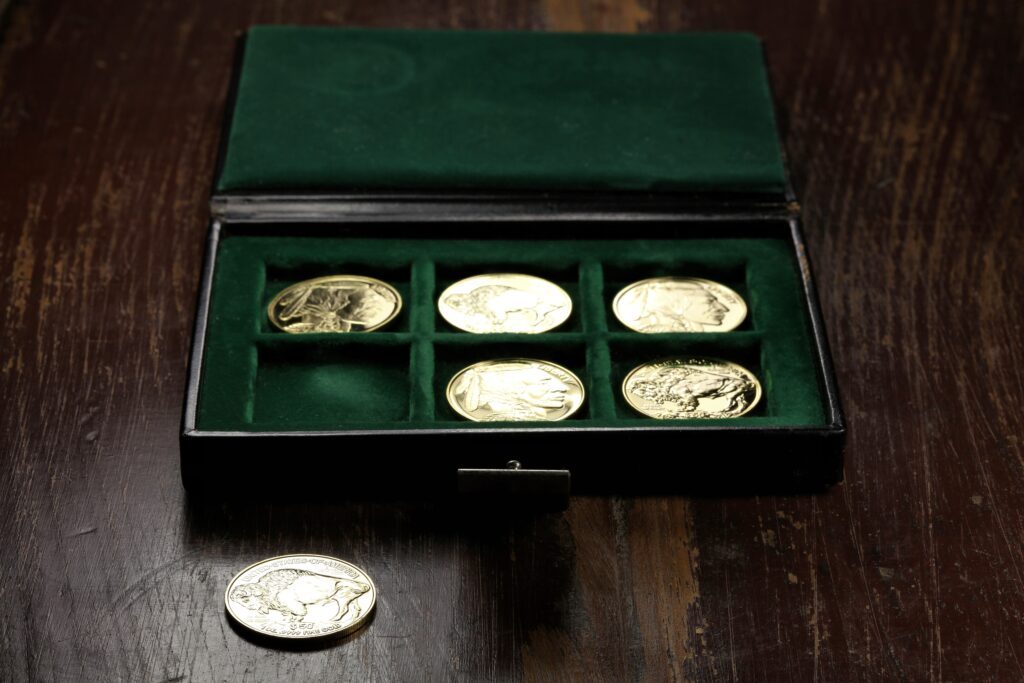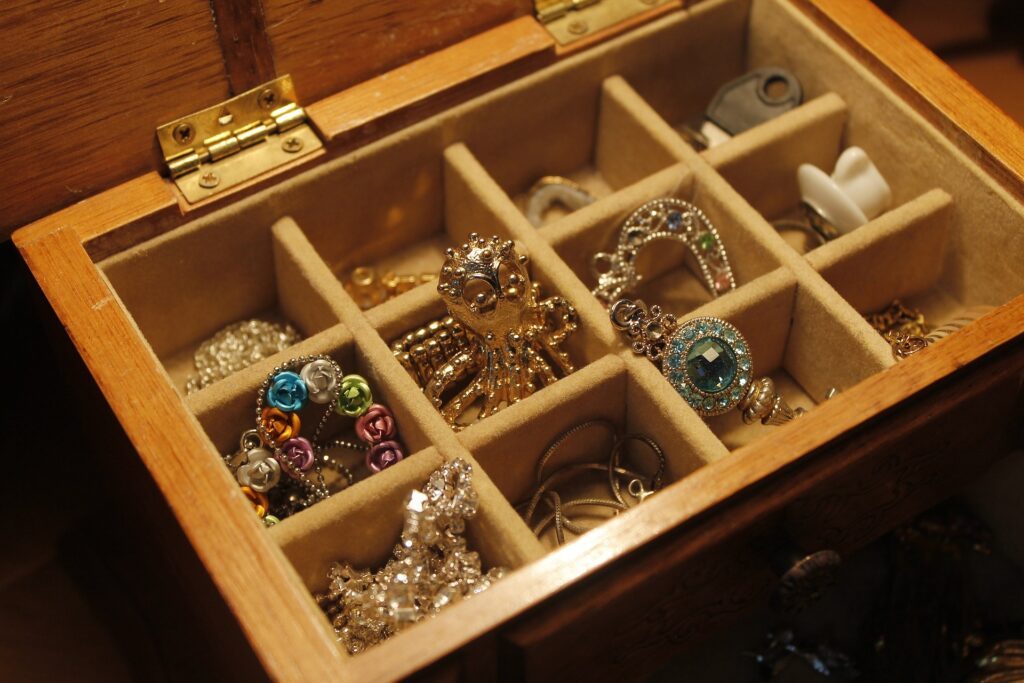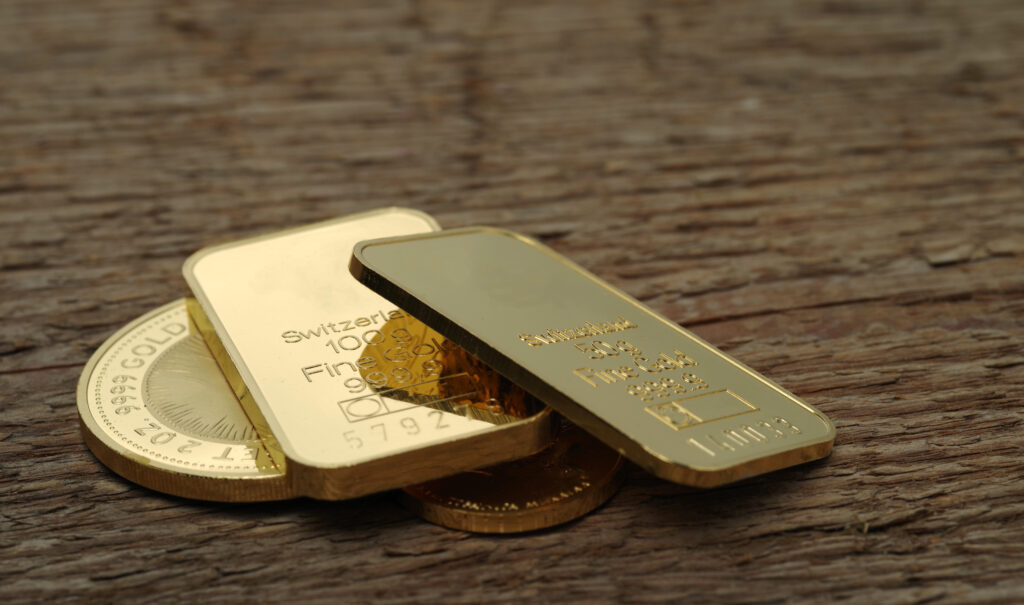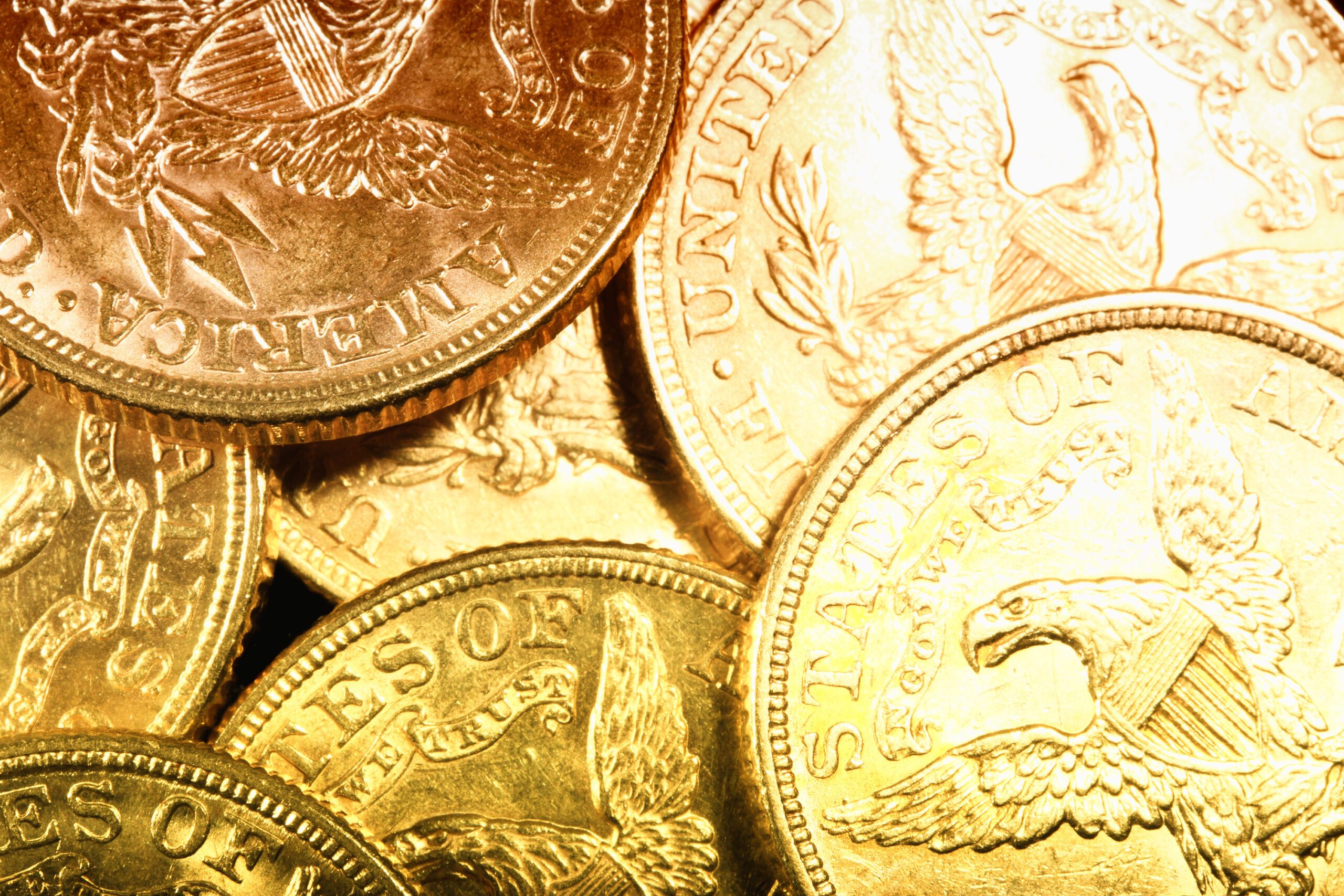
As a precious metals refiner, our clients often ask us about best practices for when someone inherits gold, silver, or other precious metals. In fact, so many people have asked what to do with gold or silver coins, bullion, or even old dental gold that we decided a blog post was in order.
Read on to learn about your options, so you can make well-informed choices as you navigate selling your inherited precious metals.
Should I sell my inherited gold?
The first step in choosing the best course of action when dealing with inherited precious metals is deciding if you want to keep or sell your items. Obviously, many people want to keep jewelry and other sentimental keepsakes passed down from loved ones. If that’s the case, you should take the material to be appraised by the jeweler for insurance purposes.
If instead you’d like to monetize your inheritance, you have a few options to consider. The type of item you’ve inherited will determine your course of action.
Gold and Silver Coins and Bullion
If you’ve inherited gold or silver coins, assessing the value is relatively easy. First you’ll first want to figure out exactly what you have – is it an American Gold Eagle, a Canadian Maple Leaf, a South African Krugerrand, or something else? Luckily there are plenty of good resources available to help you identify what type of coin or bullion you have. In this day and age it’s easier than ever to get an estimate for your coins – simply email Garfield a photo and we’ll give you a quote within minutes!
Prices for gold and silver coins and bullion are determined by several different factors including rarity, quality, and unique features. Precious metal pricing will also affect the value of coins. Gold and silver prices are changing constantly, but you can always refer to Garfield’s daily spot prices (displayed underneath the menu bar at the top of the page) to get a value estimate.
Pro tip: if you notice any blemishes or discoloration on your coins, resist the urge to try and clean them. Attempting to clean a precious metal item in any manner could significantly reduce its value!
Jewelry
When it comes to jewelry, determining its value becomes more nuanced. From an artistic standpoint, the value of a piece of jewelry is highly subjective and will depend on many factors, including the jeweler who designed it, craftsmanship quality, rarity of the materials, and the value of any non-metal components such as precious stones.

Determining the precious metal value of your jewelry (sometimes called the “scrap value”) is easier. To do so, you can start by checking for karat markings and production hallmarks. This will indicate whether your jewelry is karat gold, gold-filled, or even gold bonded. These markings will help you approximate the amount of precious metal content in your jewelry, or if it contains any at all.
Just remember, when it comes to how much gold or silver is in your jewelry, no two pieces are identical. To truly know the precious metal content of your jewelry, a precious metals refinery like Garfield will melt your material and test it. This is the only way to determine the exact content of gold or silver in your jewelry.
Dental Gold
If you have dental gold on your hands, refining is the best way to get the most money from your inheritance. Precious metal refineries can use one of several methods to determine the value of your dental scrap. The industry standard to determine precious metal content is to always use a refiner, like Garfield, who will melt the material and test it in an on-site lab. Extracting precious metal content in this way ensures a proper scientific evaluation, whereas bulk payment options employed by cash-for-gold stores are only guesswork.
In fact, most cash-for-gold stores, gold buyers, and online gold-selling services don’t actually refine your gold. Instead they use a “weigh-and-pay” method, placing your materials on a scale and quoting them at an extremely conservative estimate. This “on-the-spot” payment inevitably results in a lower payout – sometimes cents on the dollar! What you gain in “convenience” you lose in value, because this process cannot properly account for varying amounts of gold and/or palladium in the dental scrap. And if you’re looking for convenience, it’s super easy to download a free shipping label and send your dental scrap material to Garfield. We’ll process the material and provide you with a value. You can then sell it to us or take the metal back in processed form!

Exchanging Your Precious Metals for Bullion
If you’re not totally sold on keeping or selling your precious metals, there is a third option. You can exchange your materials for other forms of precious metal like gold or silver bullion. Gold and silver bullion items have timeless value.
Investing in precious metals is a safe and potentially profitable way to diversify your portfolio. Precious metals like gold and silver can act as a safeguard against inflation, which has made them a popular investment for centuries. Bullion coins and bars are ideal items to own, as their values are generally understood and there are many buyers when you are ready to sell. Aside from that, many people purchase bullion simply because it’s fun. There’s something satisfying about physically holding a piece of pure precious metal!
If you choose to refine with Garfield, the value of your precious metal scrap can be applied to the purchase or exchange of bullion. We stock a wide variety of dated gold and silver bullion options.
Will I Be Taxed on My Inherited Gold?
Many people wonder if they’ll need to pay inheritance tax on gold, silver, platinum or palladium. Inherited assets, including precious metals, may be subject to federal estate tax, but recipients generally don’t pay income tax on the inherited amount, unless it has a substantial value. However, it’s always best to consult a tax professional for specific guidance based on your individual circumstances and any recent tax law changes.
An Informed Decision
We understand that deciding what to do with inherited gold or other precious metals can be complicated. But no matter what you choose to do, kudos for taking the time to do some research. An educated decision is always a win.
Consider selling your inherited gold or other precious metal scrap now by downloading a free shipping label.
Call us today at 888-677-9254 to find out why Garfield is a premier precious metals refinery.

